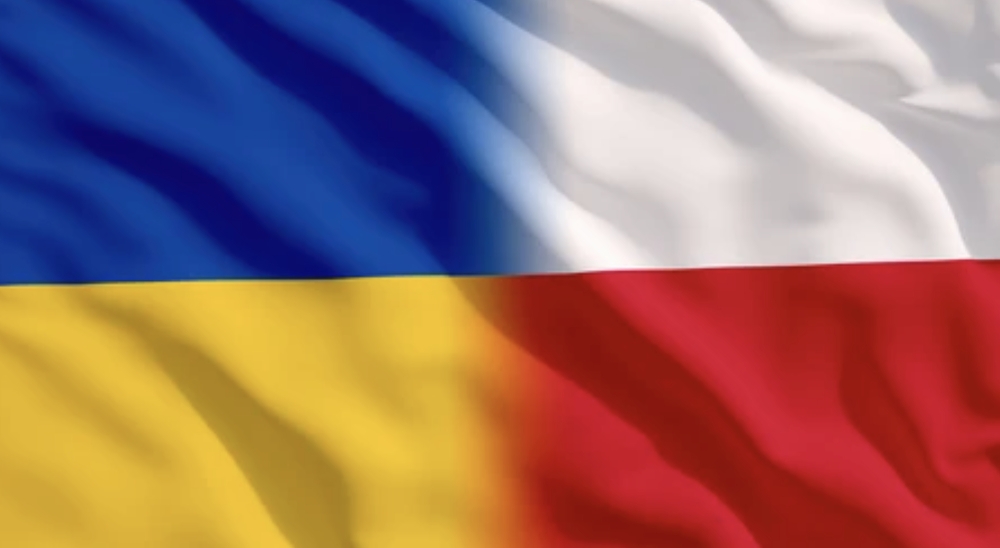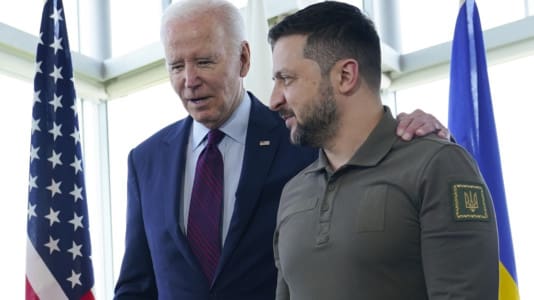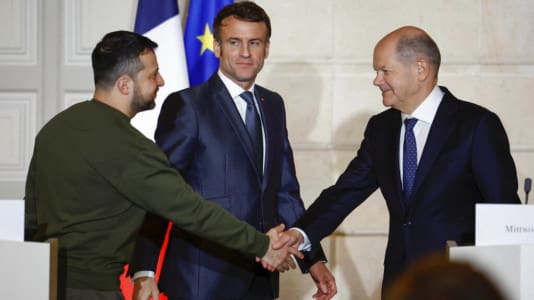The Ukrainian ambassador to Poland Vasyl Zvarych has deleted a social media post in which he objected to any attempt by Poland to make Ukrainian President Voldymyr Zelensky apologize for the Volhynia massacre, which involved approximately 100,000 civilian Poles being massacred by Ukrainian nationalists.
Polish Ministry of Foreign Affairs spokesman Łukasz Jasina remarked on the Onet.pl news portal that Volhynia was a matter important enough to be resolved at a presidential level, adding that Zelensky should take more responsibility and issue an apology. He recalled that Poland has admitted its wrongs against Ukraine and that reciprocity is missing in this case, although relations with Ukraine have improved markedly.
Jasina’s remarks triggered Ukrainian ambassador to Warsaw Vasyl Zvarych to take to Twitter where he wrote that “any attempts to impose on the president of Ukraine and Ukraine itself what we should do with regard to our common history, are unacceptable and unfortunate.” He added that Ukrainians are well aware of history and appealed for restraint in statements during Russia’s aggression.
The Ukrainian diplomat declared the best way to handle reconciliation between Poland and Ukraine was that proposed by church leaders who called for both sides to “forgive and ask for forgiveness in return.”
There was a spate of negative reactions to this post in Poland. The former Foreign Minister Witold Waszczykowski, now an MEP for the ruling Law and Justice (PiS) party, said that the Ukrainians “do not want to make any gestures towards Poland and that this is a problem.” He added that “the issues surrounding our history are best dealt with before decisions are taken about the international future of Ukraine.”
Over the weekend, the Ukrainian ambassador’s post was removed from his Twitter account. He wrote that his former post had been a reaction to remarks made by Łukasz Jasina and that this form of communication was not appropriate. He declared that “we are open to dialogue, cooperation over history, understand its significance and we pay homage to the victims. Stronger together.”
July 11 of this year will mark the 80th anniversary of “Bloody Sunday” which was the culmination of the Volhynia massacre, a genocide committed in an act of ethnic cleansing against Poles by Ukrainian nationalists. Around 100,000 Poles were killed, while efforts at exhuming the victims have since 2017 been blocked by Ukraine.





